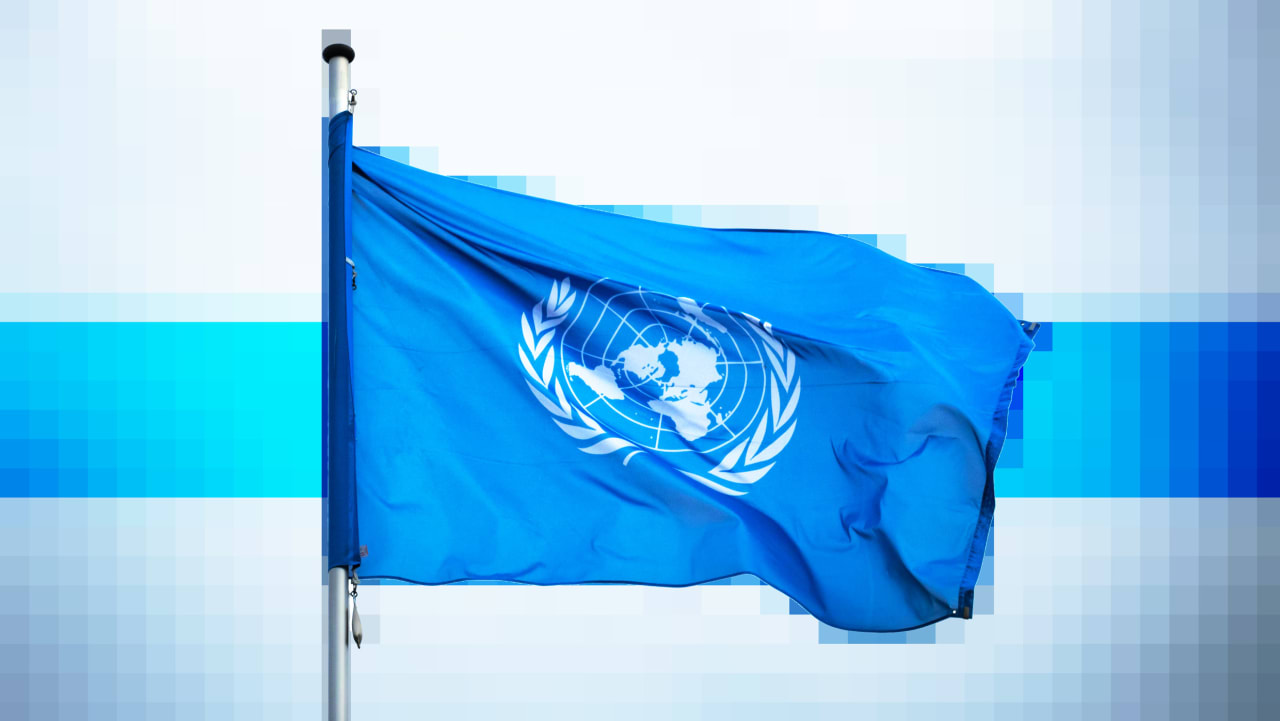The UN finds rare consensus on a new AI safety resolution
The United Nations general assembly has passed (with the notable support of China) a resolution promoting the safe development of AI around the world. The resolution is non-binding, but symbolizes a heightened global concern about the potential risks of the burgeoning technology.
The resolution was sponsored by the United States, which worked for months on the wording to gain the support of China, Russia, Cuba, and other countries less friendly to the U.S. The U.S. and China are considered the world’s biggest developers of new AI, and the rivalry has exacerbated the tensions between the two countries.
“In a moment in which the world is seen to be agreeing on little, perhaps the most quietly radical aspect of this resolution is the wide consensus forged in the name of advancing progress,” U.S. Ambassador Linda Thomas-Greenfield said during a speech to the assembly prior to the vote.
The new resolution “reaffirms” several past UN declarations on the subject, including an agreement among UN member countries back in 2015 to work together toward 17 responsible development goals by 2030. But the countries most active in developing AI have strayed from those commitments.
The resolution is aimed at nonmilitrary AI systems. It sets guidelines to ensure that AI systems in all stages of development and deployment are “human-centric, reliable, explainable, ethical, inclusive; in full respect, promotion and protection of human rights and international law, privacy preserving, sustainable development-oriented, and responsible . . .” the resolution states.
The resolution also represents the first time an effort was made to include the voices of Global South countries in discussions of global safety standards.

The United Nations general assembly has passed (with the notable support of China) a resolution promoting the safe development of AI around the world. The resolution is non-binding, but symbolizes a heightened global concern about the potential risks of the burgeoning technology.
The resolution was sponsored by the United States, which worked for months on the wording to gain the support of China, Russia, Cuba, and other countries less friendly to the U.S. The U.S. and China are considered the world’s biggest developers of new AI, and the rivalry has exacerbated the tensions between the two countries.
“In a moment in which the world is seen to be agreeing on little, perhaps the most quietly radical aspect of this resolution is the wide consensus forged in the name of advancing progress,” U.S. Ambassador Linda Thomas-Greenfield said during a speech to the assembly prior to the vote.
The new resolution “reaffirms” several past UN declarations on the subject, including an agreement among UN member countries back in 2015 to work together toward 17 responsible development goals by 2030. But the countries most active in developing AI have strayed from those commitments.
The resolution is aimed at nonmilitrary AI systems. It sets guidelines to ensure that AI systems in all stages of development and deployment are “human-centric, reliable, explainable, ethical, inclusive; in full respect, promotion and protection of human rights and international law, privacy preserving, sustainable development-oriented, and responsible . . .” the resolution states.
The resolution also represents the first time an effort was made to include the voices of Global South countries in discussions of global safety standards.
